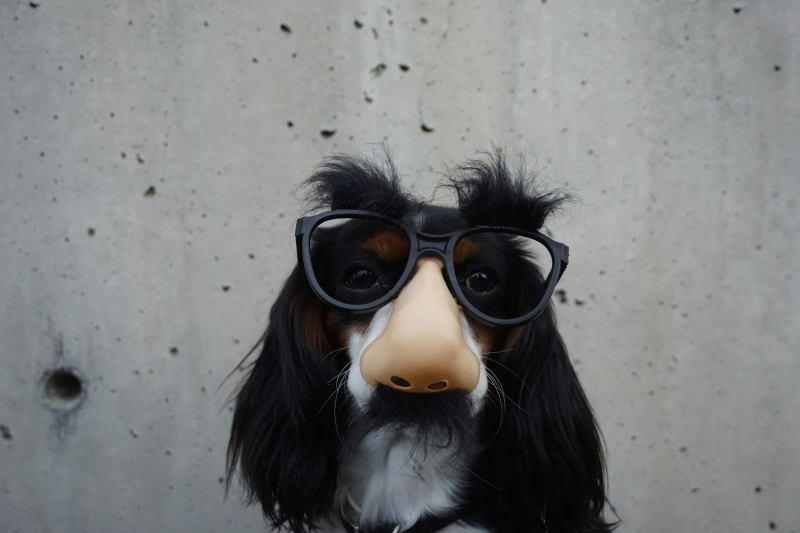In Russia, the tradition we now recognize as the day of jokes and hoaxes originated in the late 17th century, thanks to Peter the Great. A fan of all things European, the tsar learned a lot from foreigners, including their ways of having fun. It’s not like practical jokes weren’t a thing in Russia before then, but it was he who introduced a special reform to promote and set rules for entertainment, balls, and carnivals, so a celebration of April 1 fit in quickly.
Fast-forward to the present day: April 1 in Russia is filled with occasional pranks – mostly corny ones, to be honest – but let’s say it helps to release your inner child. If you’re interested in trying it yourself, we’ve put together some of the most popular local pranks enjoyed by everyone from school students to office workers:
-
“У вас спина белая!” (“Your back is all white”) is the most classic yet tired joke. It implies that you probably have some whitewash or chalk on your back. The expected reaction to this humorous gem usually involves a fake smile and some eye-rolling. The phrase belongs to a character from the novel The Twelve Chairs, as the only joke in her modest vocabulary. For a slightly more original twist, you could try saying "There's something on your face."
-
An old hoax for humorous households or any other public restroom: cover a soap bar with transparent nail polish. Let it dry for an hour or two, and be careful not to leave fingerprints! Then, put it back and enjoy people effortfully struggling to lather their hands.
-
It’s not a secret that salt and sugar look alike, and today is the day to use this fact. Throw a tea party, or invite your friend to the cafeteria, and don’t forget to swap salt and sugar for a comic effect. The only cons are a spoiled meal and, possibly, the anger of your hungry friend.
-
The digital era requires digital jokes, so it’s common to scare your colleagues by faking the malfunctioning of their computers. As soon as they leave their workplace for a minute, remove all the icons from their desktop and set the background to mimic the blue screen of death. A brief moment of panic is guaranteed!
-
A more traditional yet less friendly prank involves placing pins on a chair, a classic trick often played by mischievous students on teachers. We strongly advise against attempting this prank and suggest checking chair surfaces before sitting down, just to be safe.
A joke to remember
Luckily, it’s not all about white backs and pins! Throughout history, there have been tales of large-scale pranks in Russia that are remembered even years later. Shared by mass media, these stories often lead to laughter at the expense of those who fall for them.
-
Here's a favorite dating back to the Soviet era. On April 1, 1988, news spread that legendary footballer Diego Maradona was set to join Spartak Moscow for $6 million, and many took this announcement seriously. The Associated Press amplified the sensation globally, only for it to later be revealed as a hoax.
-
Playing on the stereotype about the immense Russian love for vodka, in 1994 the state news agency TASS announced the launch of the production of new alcohol-infused chocolate bars as competitors to Mars and Snickers. Future customers were promised three flavors – lemon, coconut, and pickle. Given the high calorie count of vodka, this would be a great bar to sit through several lectures in a row.
-
For nature enthusiasts, a memorable joke emerged from Leopard Land National Park in 2019. A post claimed a groundbreaking discovery: a black leopard adorned with colored spots had been sighted on their premises. According to the authors, this marvel of nature was made possible by a recessive gene, and this unique case would soon find its way into scientific literature.
For a deeper exploration of the culture of Russian jokes, don’t forget to check this article about anecdotes.




